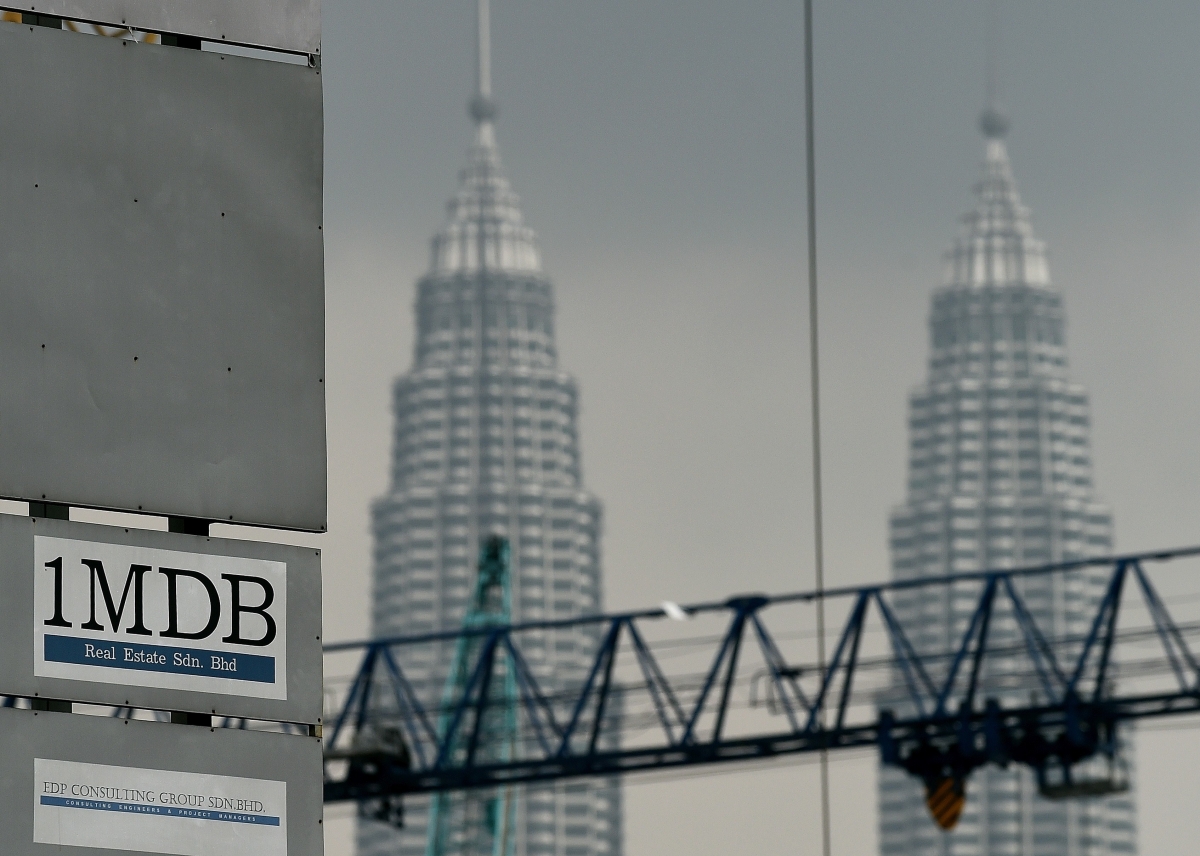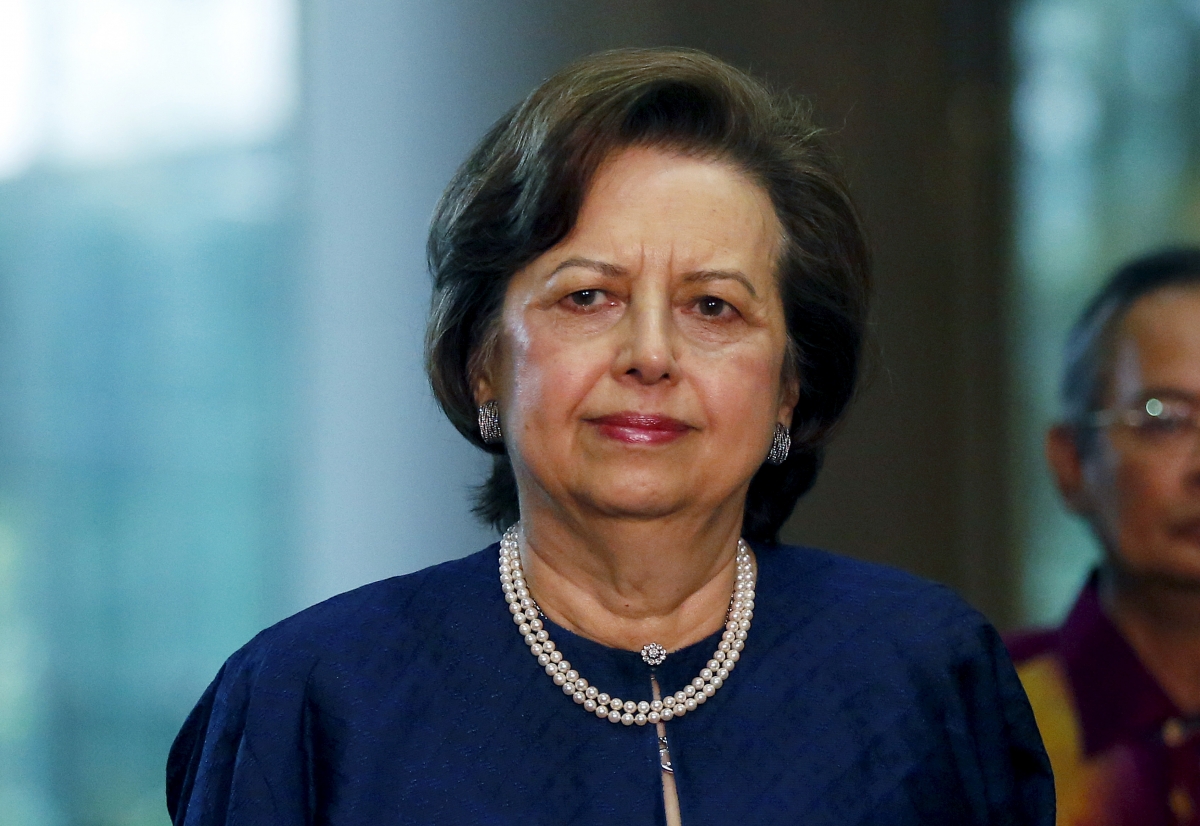
Malaysia's central bank has closed its
investigations into scandal-ridden 1Malaysia Development Berhad. Bank
Negara last month issued a "letter of administrative compound" to the
fund and said that the payment of the compound will mark the conclusion
of its investigations.
On the face of it, it would seem that the matter has been resolved. Former governor Zeti Akhtar Aziz had promised to use her remaining days in office to sort out the outstanding issue before handing over the reins to her successor Muhammad Ibrahim on 1 May.
The central bank, in a brief statement
dated 28 April said that after receiving the green light from the
Attorney General, it had issued a letter of administrative compound to
1MDB for failing to "fully comply with directions issued under the
Financial Services Act 2013."
This covered the order to 1MDB to repatriate
monies remitted abroad following the revocations of the three
permissions granted by the central bank to the state fund in 2009, 2010
and 2011. In addition, Bank Negara accused the fund of failing to submit
evidence and documentation specified by the bank to justify its
inability to fully comply with the repatriation order.

1MDB
has until 30 May to pay the fine. The statement did not reveal amount
of the fine imposed and whether the fund still had to repatriate the
funds in question or whether this has already taken place. When
contacted by the Edge Financial Daily, the central bank's spokesman
declined to reveal the fine amount, saying that it was confidential.
The newspaper said that from 2009 to 2011, the
state fund had transferred out a total of $1.83bn in three tranches for
various ventures with Petrosaudi International Ltd. The newspaper had
in previous reports claimed that the monies were allegedly diverted into
bank accounts and for purposes "other than what 1MDB had submitted" and
approved by Bank Negara.
It also claimed that the use of the money sent
overseas "for purposes that were not what had been approved" was behind
the reason why Bank Negara wanted criminal proceedings to be taken
against the state fund. However the
Attorney General refused and the newspaper believes that the "compound
fine" appears to be "a compromise between the two authorities."
In a separate statement issued on the same day, the state fund said that it "respects the authority and the decision" of the central bank. It gave the assurance that the compound will be paid "on or before the due date." Last
year, when the central bank revoked its permissions to invest overseas
and ordered the fund to repatriate the sums involved, 1MDB said that it
had already spent or earmarked the amount for debt-settlement
arrangements.
The Wall Street Journal last year reported
that hundreds of millions of dollars from 1MDB had allegedly gone into
the personal accounts of Malaysian Prime Minister Najib Razak through a
complex web of intermediaries, Najib was the chair of 1MDB's advisory
board and is also the Finance Minister of Malaysia.
Both 1MDB and Najib have denied any wrong
doing. In fact, Malaysia's attorney general in January cleared Najib,
claiming that the $681m that had gone into his account in 2013 was a
legal political donation from the Saudi royal family and that most of it had been returned.
The state fund is under investigations
in several jurisdictions over alleged money-laundering and bribery
allegations. So far Singapore is the only country to charge a private banker Yeo Jiawei for corruption. The case is still pending.

Post a Comment